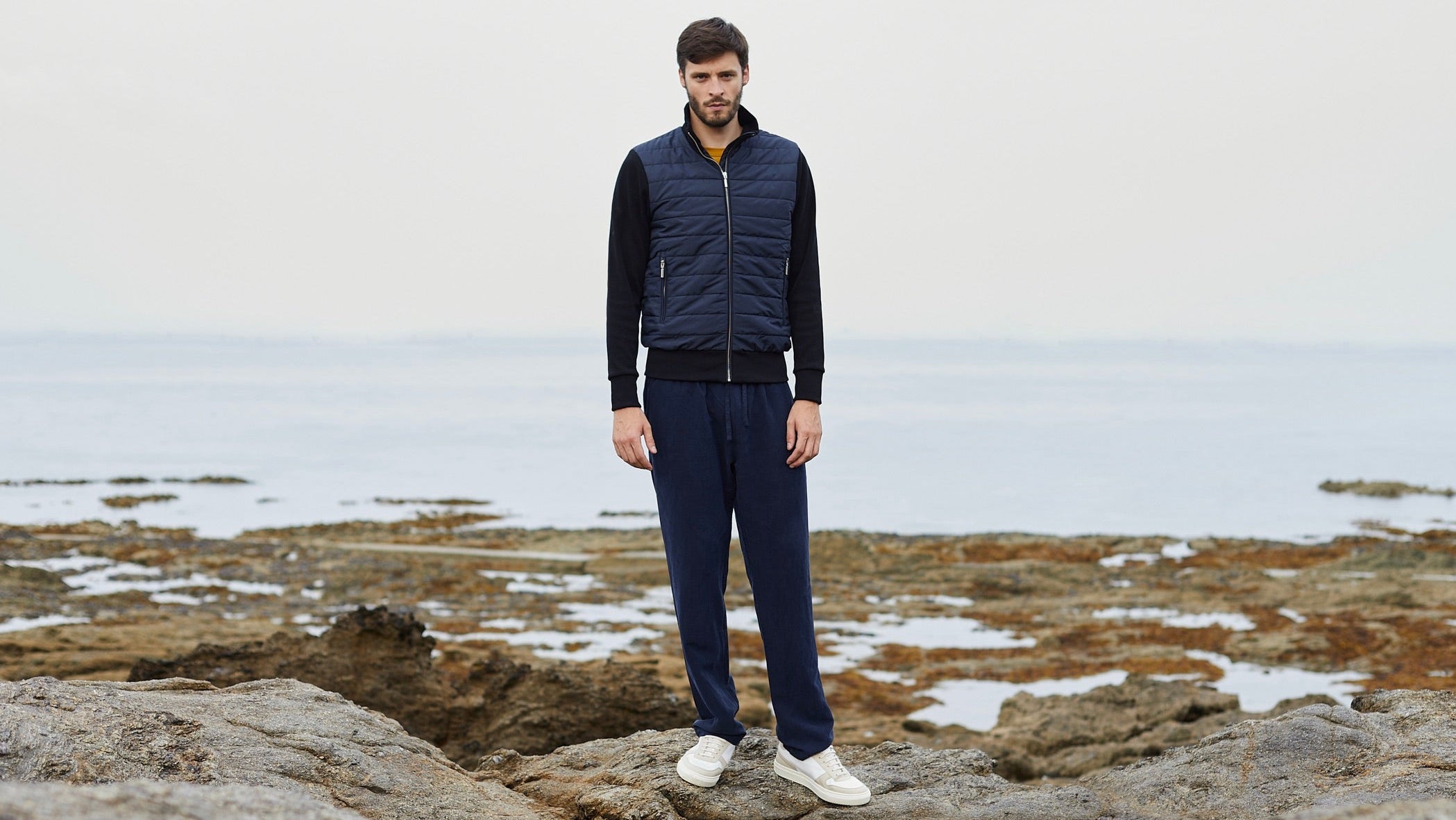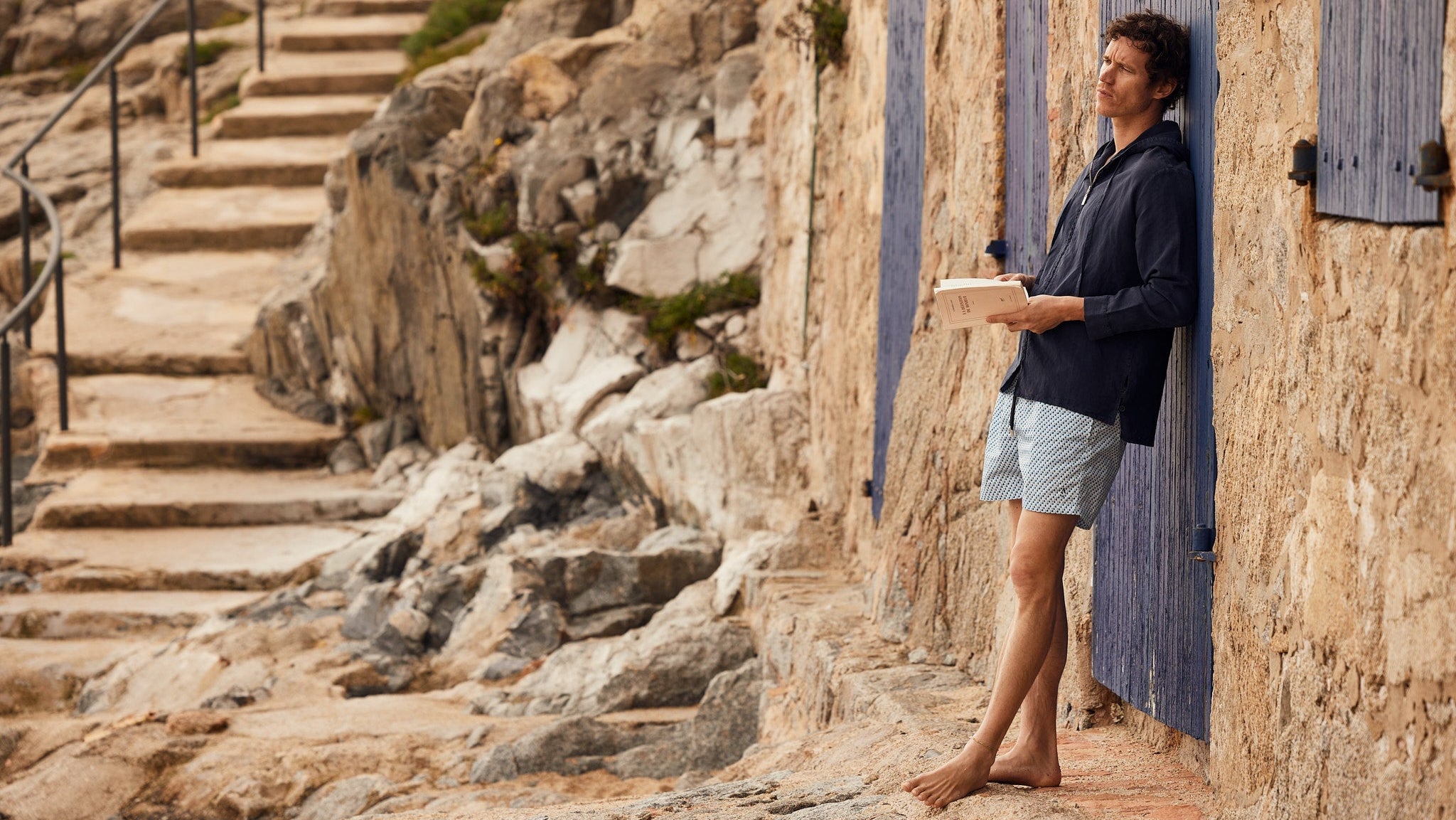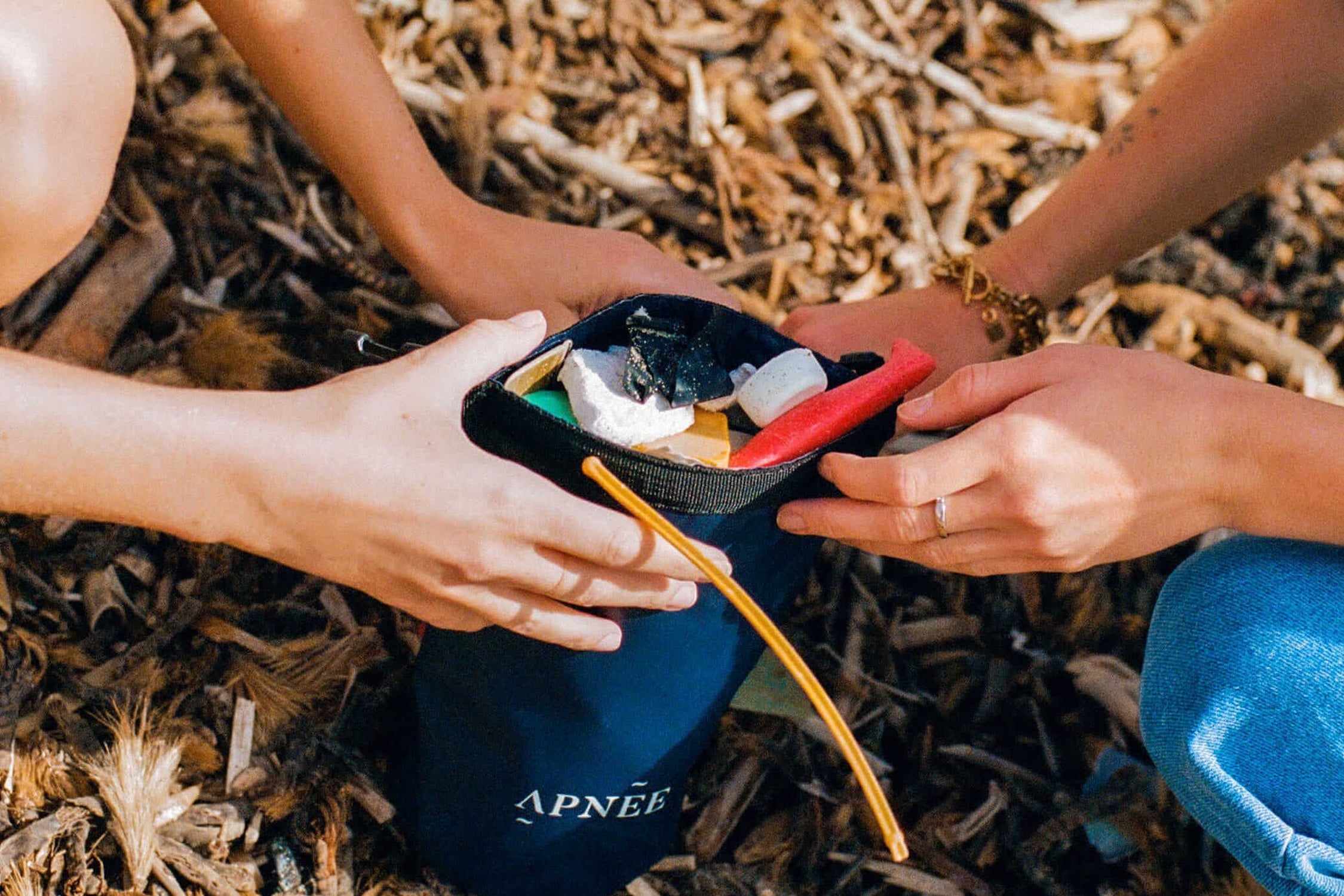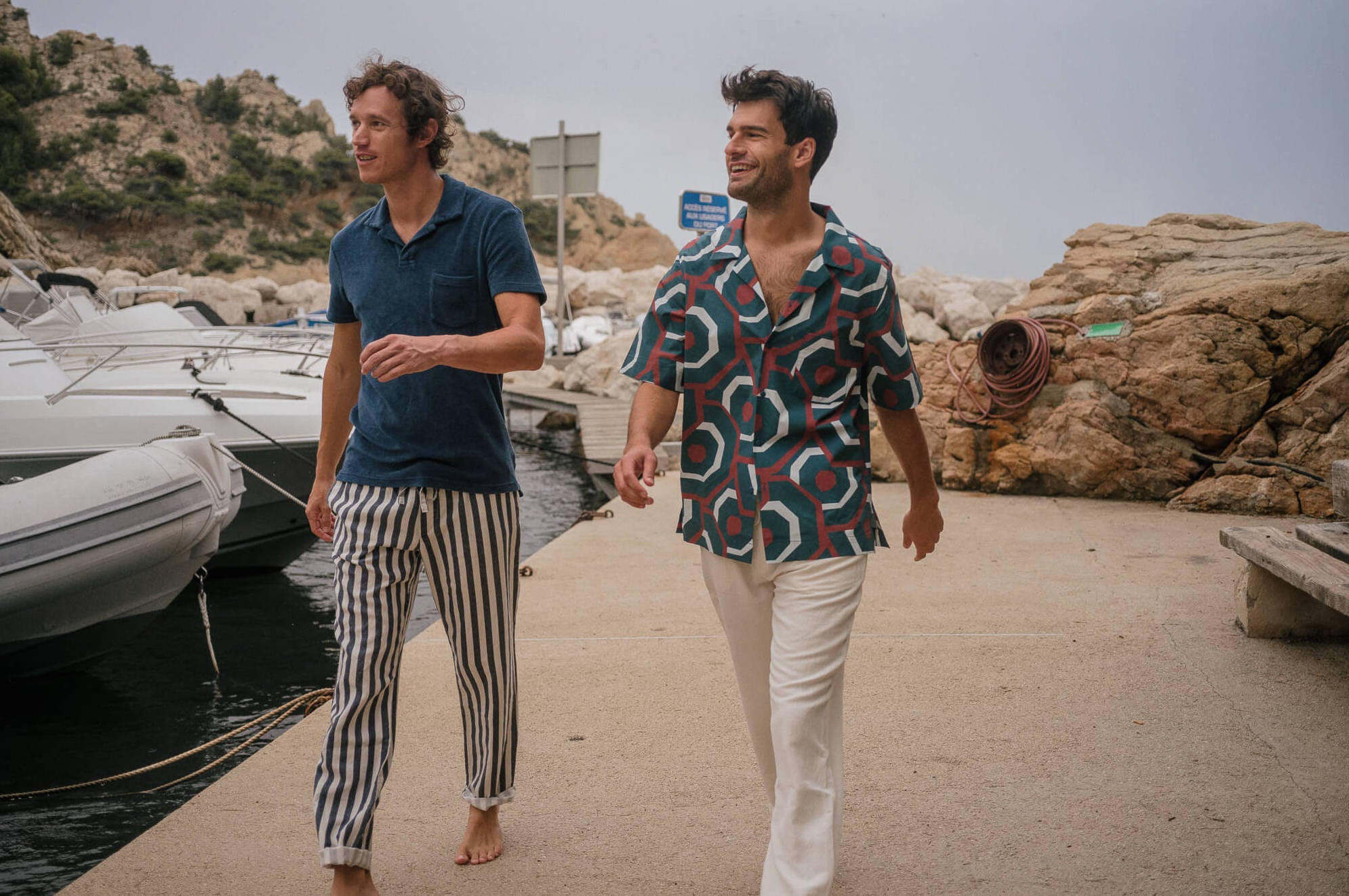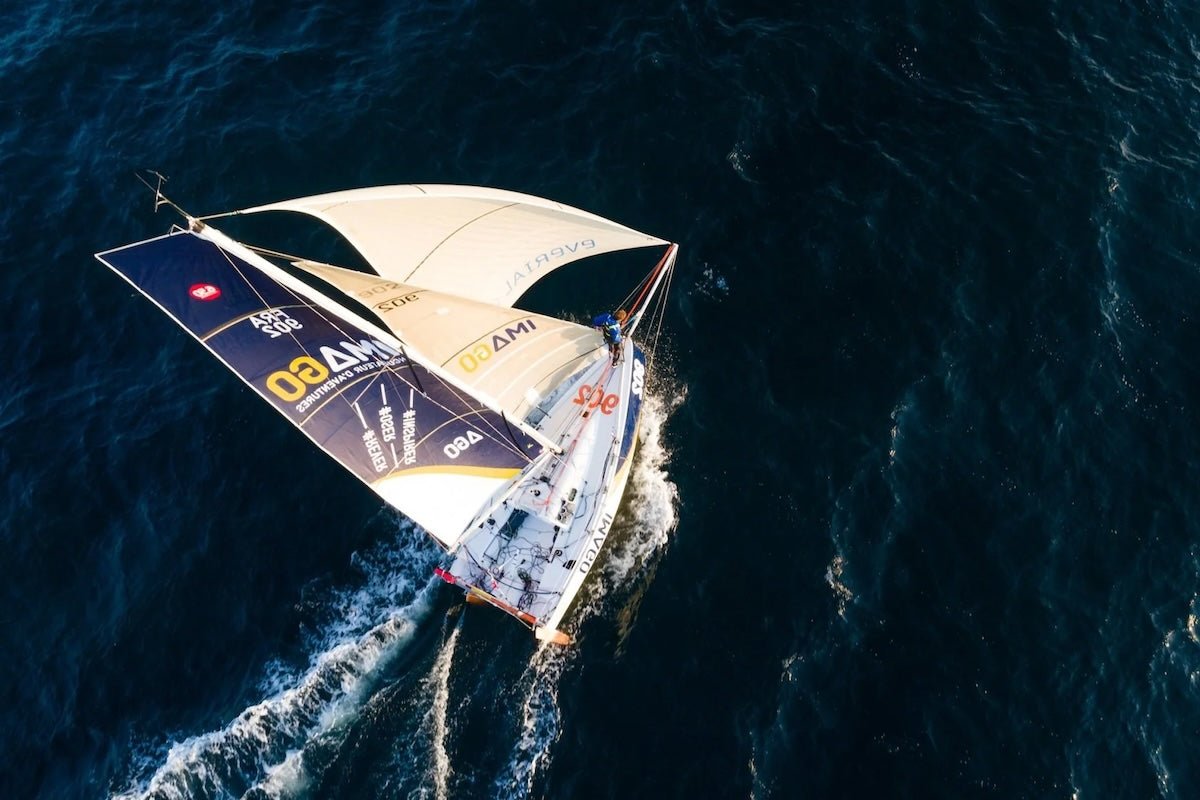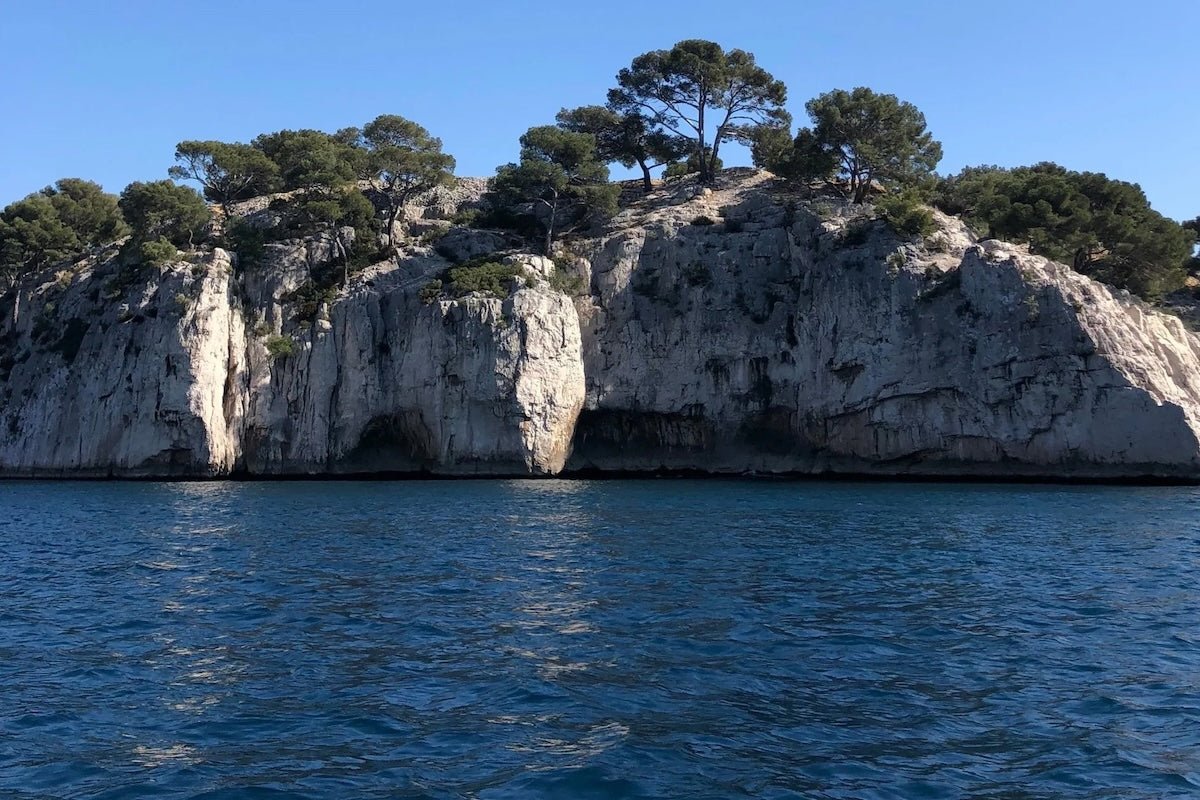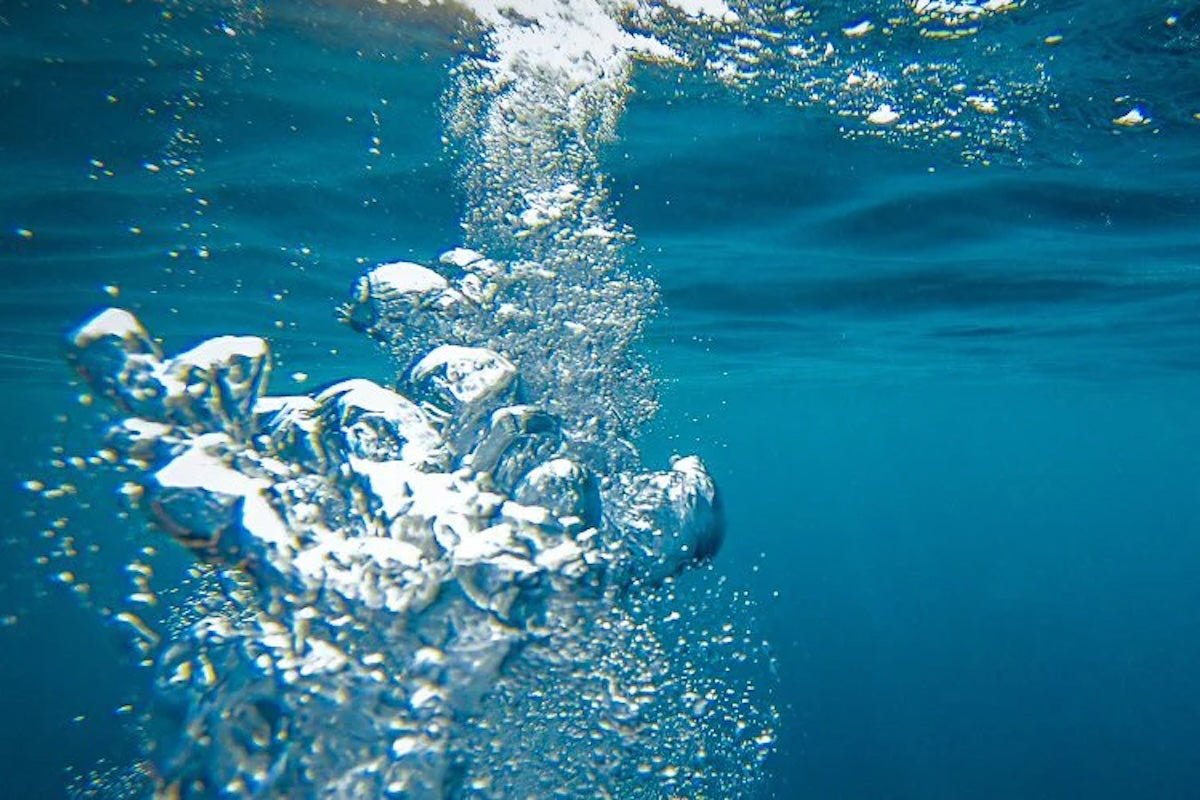
This summer, let's preserve our oceans!
Summer is here, translucent waters and fine sandy beaches are here!
Into the blue
Every year, 8 million tons of plastic end up in our oceans, so much so that we now speak of a "7th continent," floating on the surface of the water or covering the seabed. Spreading as far as the Mariana Trench, this debris threatens biodiversity. Moreover, experts have established that at this rate, there will be more plastic waste than fish in our oceans by 2050.
Mass tourism, the scourge of the oceans
This pollution is primarily due to human behavior, given that 80% of plastic waste dumped into the oceans comes from land-based sources. Having become a tourist hub, the level of marine pollution in the Mediterranean basin, for example, is increasing by 40% each year. Reaching record levels of pollution, the Mediterranean Sea is gradually transforming into a "plastic trap," with devastating effects on the local ecosystem.


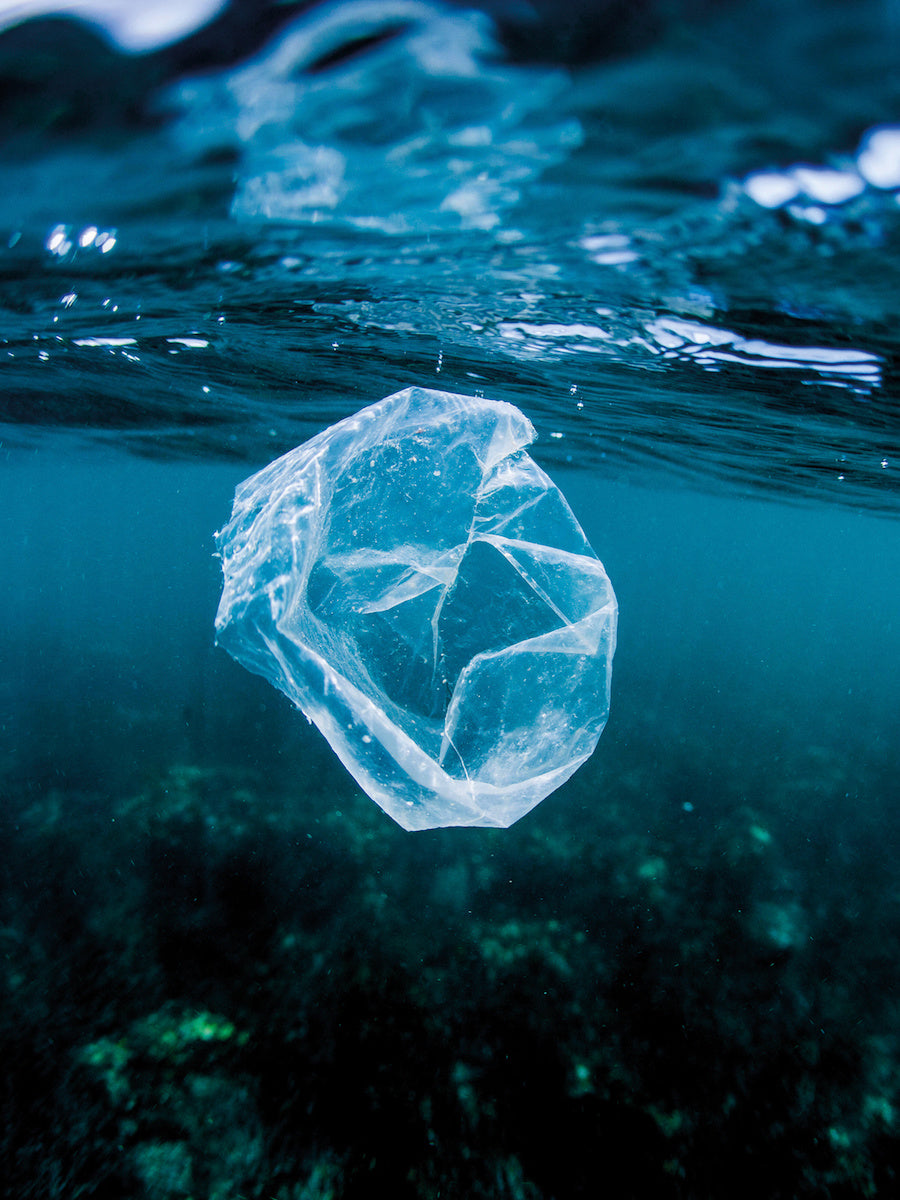
The path of waste
The pollution of the seas and oceans is partly explained by the fact that household waste is still poorly collected or recycled, and sometimes even too often abandoned in nature. Swept away by the wind and rain, the waste—mostly plastic—ends up in the sewers, then in rivers and streams. Carried away by the currents, it then ends its journey in the seas and oceans.
The bottom line is that when a cigarette butt is thrown into the street, there's a good chance it'll end up floating in the Atlantic Ocean some time later. And once it's in the oceans, it's very difficult, if not almost impossible, to clean up this waste. Remaining on the water's surface for a while, the bits of plastic end up fragmenting—under the influence of wind, waves, and sunlight—into microparticles invisible to the naked eye.
Plastic: less is more
Mainly used for packaging, this polymer-based material is difficult to recycle, and especially only a limited number of times. As a result, only 9% of plastic waste produced worldwide is recycled, with the rest being incinerated, buried, or thrown into the environment. That's hundreds of years of environmental pollution for just a few minutes of use, because half the time the plastic used is single-use (cups, straws, disposable plastic bags, etc.).
Let’s preserve our oceans!
To combat marine pollution, it's up to us to act from dry land. As the Tara Ocean scientific foundation explains in a recent article, there's no point in trying to "plug the leak when the tap isn't turned off." In other words, the solution to marine pollution lies primarily in our ability to change our habits to reduce our plastic footprint. To that end, here are some ideas for eco-friendly actions to adopt this summer (and all year round) to reduce our impact on the environment and replace single-use plastic products.
1. Adopt reusable water bottles
Instead of buying plastic bottles, opt for a reusable stainless steel or glass water bottle. And in case you forget your water bottle, choose drinks in glass containers, which you can then reuse or recycle, as this material is much more easily recycled than plastic.
2. Refuse plastic straws
Ubiquitous in restaurants and bars, plastic straws are a scourge for the environment. If you can't live without them, opt for alternatives like bamboo, stainless steel, glass, or even paper straws.
3. Opt for tote bags that last
Another alternative to plastic bags is reusable shopping bags or tote bags.
4. Favor unpackaged consumer products
At the supermarket or elsewhere, try to reduce your consumption of plastic packaging as much as possible. For example, if possible, choose unpackaged fruits and vegetables.
5. Carry your own cup
When traveling, remember to bring your own ceramic or stainless steel mug to replace takeaway cups, which often have a plastic lid...
6. Collect all your waste
On the beach or elsewhere, be sure to pick up all your waste (plastic, cigarette butts, chewing gum).


